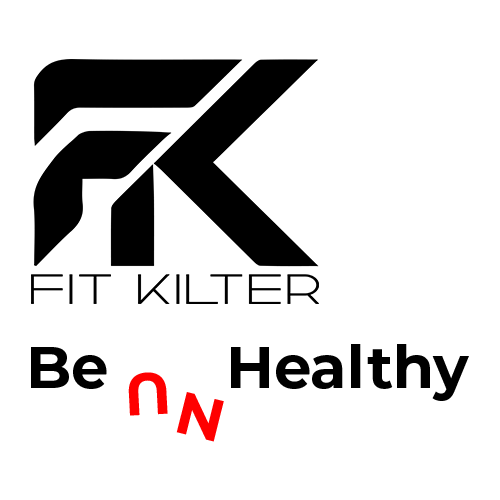Introduction
In the pursuit of weight loss, the question of the “best” diet has been a perpetual subject of debate. The convergence of new scientific insights and technological advancements has revolutionised our understanding of dietary strategies for weight management. This article delves into the latest research and technological tools that are reshaping the concept of the optimal diet for weight loss.
The Multifaceted Nature of Weight Loss
Weight loss is a multifaceted journey that goes beyond simply counting calories. The new approach takes into account individual differences, metabolic responses, and the dynamic interplay of various factors. As we explore the best diet for weight loss, it’s important to consider a comprehensive approach that leverages both scientific discoveries and technological innovations.
Personalized Nutrition Through Genetic Analysis
One of the most groundbreaking aspects of modern weight loss strategies is the emphasis on personalised nutrition. Advances in genetic analysis now allow individuals to gain insights into their unique genetic makeup related to metabolism, appetite regulation, and nutrient absorption. By tailoring diets based on genetic predispositions, individuals can maximise weight loss outcomes and minimize setbacks.
Precision Monitoring with Wearable Devices
The advent of wearable devices has ushered in an era of precision monitoring. Smartwatches, fitness trackers, and mobile apps provide real-time data on activity levels, heart rate, sleep quality, and even calorie expenditure. This wealth of information empowers individuals to make informed dietary choices and fine-tune their routines to optimise weight loss.
Metabolic Insights from Gut Microbiome Analysis
The gut microbiome has emerged as a fascinating frontier in weight loss research. Cutting-edge technology allows for comprehensive analysis of the trillions of microorganisms residing in our digestive systems. By understanding the intricate connection between the gut microbiome and metabolism, we can tailor diets to support the growth of beneficial bacteria and promote weight loss.
Real-Time Dietary Guidance with AI
Artificial Intelligence (AI) is transforming the way we approach weight loss. AI-powered apps and platforms can process vast amounts of dietary data and provide real-time recommendations. These tools can analyse food choices, portion sizes, and nutrient content to offer customised dietary advice that aligns with weight loss goals.
Nutrient-Dense Superfoods and Phytochemicals
The new dietary landscape places an emphasis on nutrient density and the inclusion of phytochemical-rich superfoods. Foods like berries, leafy greens, and whole grains offer a powerhouse of nutrients and antioxidants that support metabolism, satiety, and overall health. Integrating these foods into diets can accelerate weight loss while promoting well-being.
Mindful Eating and Behavior Modification
Technological interventions are also addressing the psychological and behavioural aspects of weight loss. Mindful eating apps and virtual support groups harness the power of technology to promote mindfulness, stress reduction, and emotional eating control. These tools can aid in cultivating a healthier relationship with food, contributing to sustainable weight loss.
Balancing Macronutrients for Optimal Results
The new science of weight loss acknowledges the significance of macronutrient balance. While the debate between low-carb, low-fat, and balanced diets persists, research indicates that focusing on high-quality protein, healthy fats, and complex carbohydrates can foster weight loss and preserve lean muscle mass.
Conclusion
In the realm of weight loss, the “best” diet is no longer a one-size-fits-all solution. The marriage of new scientific insights and technological advancements has ushered in a personalised, data-driven era of weight management. By embracing personalised nutrition, harnessing the power of wearable devices and AI, and optimising gut health, individuals can embark on a transformative journey towards sustainable weight loss. As technology continues to evolve, so too will our understanding of the optimal diet, ensuring that weight loss remains a dynamic and adaptive endeavour.













